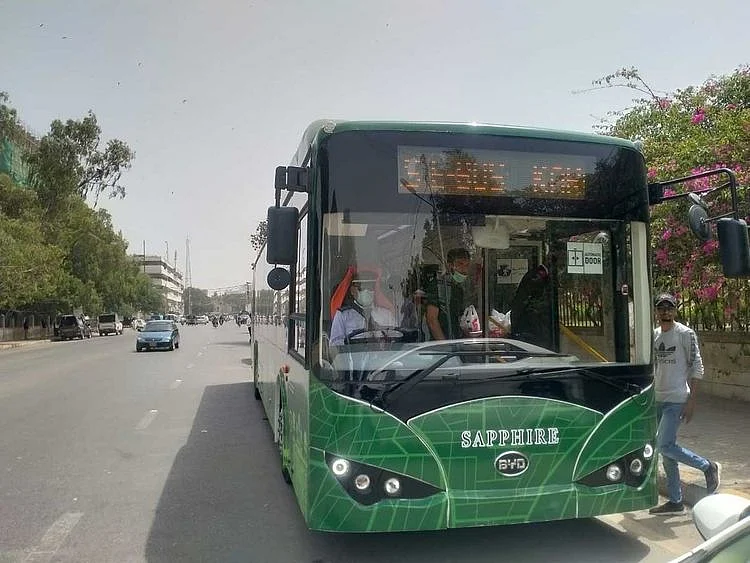Pakistan's new EV policy: 30% of vehicles sold by 2030 to be electric
Policy includes plans for installing 40 EV charging stations on major highways

Dubai: Pakistan has announced a new National Electric Vehicle (NEV) Policy 2025–30, dedicated to expanding electric vehicle usage nationwide. The policy was unveiled at a press conference in Islamabad, and is anticipated to bring positive change to Pakistan’s transportation sector.
The Special Assistant to the Prime Minister (SAPM) on Industries and Production, Haroon Akhtar Khan, spearheaded the conference stating, “This policy should be embraced wholeheartedly by Pakistan, as it is a game-changer for our economy, environment, and industrial landscape.”
Here’s an insight into what the policy is proposing.
Fresh investments
One key area of the policy is investments for new electric bikes and rickshaws. For the 2025-26 fiscal year, Rs9 billion has been allotted for this purpose. It is estimated that nearly 116,000 electric bikes and 3,100 electric rickshaws can be arranged with the money.
Aside from these vehicles, one target has been established for regular cars. By 2030, the government wants 30% of all new vehicles sold to be electric.
Alongside increasing the capacity of the vehicles themselves, proper support for operations are also necessary. This is why the policy also includes plans for installing 40 new EV charging stations on major highways. The distance between each station is anticipated to be around 100km.
Environmental and economic impact
Currently, carbon emissions from the transportation industry in Pakistan are huge. Between 2013 and 2018, transport emissions increased by 44%, according to reports by the United Nations Trade and Development. This can likely be attributed to the car dependence of Pakistan’s 255 million people. Thus, a shift to EVs will help the country in decarbonising its transportation sector.
While it’s evident that EVs will help Pakistan become more environmentally sustainable, it will also have significant impact on the economy. Particularly, it will help Pakistan’s industrial sector by promoting local production and contributing to job opportunities.
“To encourage local manufacturing, incentives are being provided to domestic producers. Currently, over 90% of parts for two- and three-wheelers are already manufactured locally. The government will also introduce special support packages for small and medium enterprises (SMEs) to further boost localisation”, Haroon Akhtar Khan said.
Not only is growth expected, but savings are too. Authorities estimate that nearly 2 billion litres of fuel can be saved through this policy. Whereas in regards to money, the government anticipates savings of up to Rs 800 billion over the next 25 years.
Mariam Khan is a trainee journalist at Gulf News
Sign up for the Daily Briefing
Get the latest news and updates straight to your inbox
Network Links
GN StoreDownload our app
© Al Nisr Publishing LLC 2026. All rights reserved.